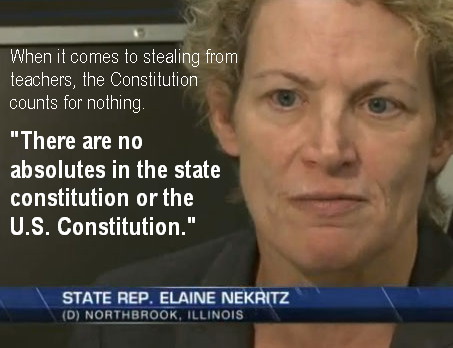Find Chapters | GLSEN:
GLSEN Adds Chapters in Arkansas, Georgia and Missouri, Bringing Total Number of Chapters to 40 in 28 States
NEW YORK (Feb. 5, 2015) – GLSEN today announced expansion of its chapter network to 40 in 28 states with the addition of three new chapters in Arkansas, Georgia and Missouri.
GLSEN Atlanta and
GLSEN Southeast Arkansas are the only chapters in Georgia and Arkansas, respectively. With the addition of
GLSEN Springfield to
GLSEN Kansas City, Missouri now has two chapters.
GLSEN chapters, led by volunteers, play an important role in bringing GLSEN's programs to ensure safe and affirming schools for all students to local communities. The chapters work closely with the national office to implement programs, such as student leadership, educator training and public policy.
“We are excited to have these new chapters spearheaded by local leaders who are committed to ensuring that all students have safe and affirming school environments that foster robust learning environments,” said Dr. Eliza Byard, Executive Director of GLSEN. “The reality is that the majority of LGBT students continue to face hostile school climates. These new chapters will work with students and educators to help turn that reality around. I look forward to seeing the impact they will have in their communities.”
The most recent
National School Climate Survey, which first began in 1999 and remains one of the few studies to examine the middle and high school experiences of lesbian, gay, bisexual and transgender (LGBT) youth nationally, found that while school climate for LGBT students has improved somewhat over the years, schools nationwide remain hostile environments for a distressing number of LGBT students. Specifically in Georgia and Missouri, more than 90 percent of LGBT students regularly heard homophobic remarks and most did not have access to vital in-school supports, like Gay-Straight Alliances (GSAs).
“GLSEN Atlanta has come together through the leadership of students, teachers, faculty members and community activists to improve the environment that LGBT students face in K-12 schools in Atlanta and the surrounding area,” said Patrick Faerber, chair of GLSEN Atlanta. “Even in a city considered by many to be the LGBT capital of the south, our students are not protected from discrimination based on their sexual orientation or gender identity. Our objective is to provide Atlanta’s K-12 students, teachers, parents and school staff with all the necessary tools and knowledge to create schools where every student is part of an environment in which they can succeed regardless of their sexual orientation or gender identity.”
“In Southeast Arkansas, diverse educators, activists, administrators and community members have collaborated to ensure that all students, regardless of their sexual orientation or gender identity, have access to a safe, equal and inclusive education,” said Alen Amini, chair of GLSEN Southeast Arkansas. “The narrative in our communities typically revolves around perceived deficits - high poverty and unemployment rates, rampant obesity, lack of basic necessities - but our chapter seeks to empower students and educators to work together to improve outcomes. We will focus on influencing state policy, as well as training educators across the region, to make certain that our students will have enhanced opportunities in and out of the classroom, and that they feel respected and valued in school, at home and in their communities.”
“Springfield is nestled in the heart of the Ozarks, a predominately rural, conservative, religious region. Historically, Missouri, and the Springfield region in particular, have not been places supportive of LGBT individuals, and our schools are certainly no exception,” said Amanda Derham, chair of GLSEN Springfield. “We plan to work tirelessly to address the LGBT bias, bullying and harassment that exist in the hallways of our schools and government buildings where legislators have passed laws that prohibit schools from creating safer places for students. We plan to do so by focusing our first year on the development and growth of GSAs, advocating for policies at local and state levels that address bias and bullying in schools, and creating networks of LGBT and allied support to join us in promoting GLSEN’s mission.”
About GLSEN
GLSEN, the Gay, Lesbian & Straight Education Network, is the leading national education organization focused on ensuring safe and affirming schools for all students. Celebrating its 25
th year, GLSEN envisions a world in which every child learns to respect and accept all people, regardless of sexual orientation or gender identity/expression. GLSEN seeks to develop school climates where difference is valued for the positive contribution it makes to creating a more vibrant and diverse community. For information on GLSEN's research, educational resources, public policy advocacy, student organizing programs and educator training initiatives, visit
www.glsen.org.
###







![FullSizeRender[8]](http://1da9f03rgzm732m9sv35cuvj.wpengine.netdna-cdn.com/wp-content/uploads/2015/01/FullSizeRender8-300x225.jpg) y families getting more for their kids than middle class and poor families. As they had no brains to waste, they decided to invest in one, good public system where all kids would get what they needed whether their parents were rich or not.
y families getting more for their kids than middle class and poor families. As they had no brains to waste, they decided to invest in one, good public system where all kids would get what they needed whether their parents were rich or not.







